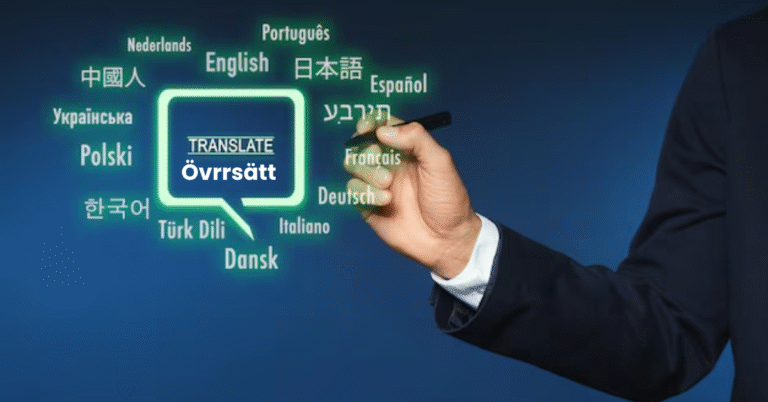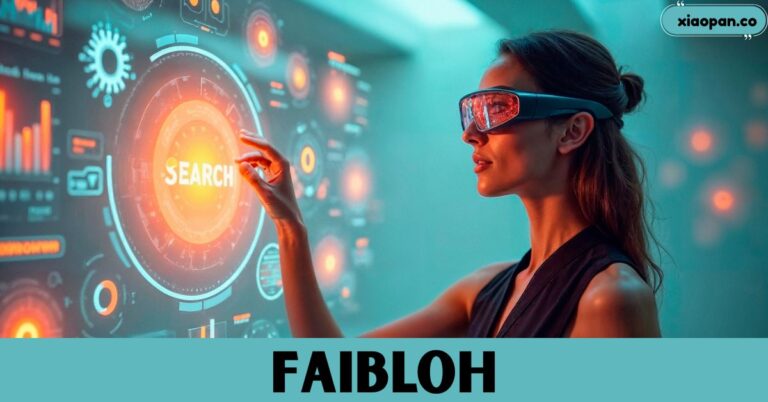OpenFuture World: Igniting Epic, Bold, Visionary Digital Economy Transformation
Introduction to OpenFuture World
Step right into OpenFuture World, the digital economy of tomorrow. Organisational interaction, innovation, and growth are being redefined by this groundbreaking idea, which is causing a stir in conventional company paradigms. Visualise a world where people work together, information flows freely, and obstacles are removed so that everyone may benefit from the collective wisdom of all. OpenFuture World is more than a catchphrase; it’s a game-changing strategy that uses transparency to propel innovation.
Having a grasp of OpenFuture World is essential for companies looking to succeed in this age of fast technology breakthroughs and changing market dynamics. Being open isn’t enough; what really matters is encouraging creativity through group efforts, which may result in game-changing ideas. In today’s linked digital economy, this paradigm change is crucial, so come along as we investigate why.
How can your organisation be transformed for success by embracing openness? Let’s explore this together!
The Importance of Openness, Innovation, and Collaboration in the Digital Economy
The digital economy is built on transparency, creativity, and teamwork. All of these things contribute to development and provide companies the tools they need to succeed in a dynamic market.
Organisations promote transparency when they accept openness. Stakeholders trust one another and are more likely to share what they know as a result. An environment like this encourages original thought and can lead to game-changing discoveries.
Collisions of varied ideas foster innovation. Businesses can benefit from new ideas and viewpoints brought forth by cross-sector collaboration. In today’s globally linked society, working together frequently produces superior outcomes than to doing things alone.
Additionally, teamwork improves responsiveness. Groups of people working together towards a shared objective can react swiftly to changes in the market. Given the rapid pace of technological advancement, this flexibility is more important than ever.
Businesses are better positioned for more than just survival when they prioritise these ideals. Whoever realises that progress as a group is stronger than any one person’s achievement will be the ones who own the future.
Also Read: Corpenpelloz: Redefining Digital Power Efficiently
Benefits of Adopting an OpenFuture World Approach
Businesses may greatly benefit from adopting an OpenFuture World strategy as they navigate the intricacies of the digital economy. Companies may encourage more open communication with their partners and consumers if they make transparency a top priority. Trust is key in today’s business, and this helps to establish it.
Setting an example of collaboration fosters innovation. Free and open idea sharing is a key ingredient to a creative team. New answers to old issues are often discovered by organisations that embrace this concept.
In addition, being agile may be improved by embracing an OpenFuture mentality. Businesses adapt faster to shifts in customer preferences and market circumstances. Improvements in decision-making and long-term growth can be achieved through rapid adaptation.
The use of open resources shortens development durations and lowers innovation and research expenses. Opportunities that could have been closed otherwise become accessible through shared information. When we embrace an OpenFuture World, we can turn obstacles into opportunities.
Challenges and Risks to Consider
There are unique difficulties associated with embracing an OpenFuture World strategy. Data security is a big worry. Businesses are increasingly putting themselves at risk of unauthorised access as they exchange information more openly.
Getting different parties to work together is another obstacle. Collaboration could be challenging when different organisations have different strategies and objectives. Inaccuracies in communication can cause misconceptions, which in turn impede advancement.
Also, companies need to change their culture to be more transparent. Workers used to the old ways of doing things may fight against these changes, which might cause problems in the workflow.
Open idea sharing also raises issues of intellectual property. In order to innovate without violating anyone’s rights, businesses must negotiate complicated legal landscapes.
It is not always easy to tell how well open efforts are doing. Businesses may be left wondering if their investment was worthwhile since traditional measures fail to adequately measure the genuine impact of collaborative initiatives.
Tips for Implementing an OpenFuture World Strategy
Promoting transparency is the first step in implementing an OpenFuture World approach. Inspire your staff to openly communicate their thoughts without worrying about being judged. This has the potential to inspire new ideas and teamwork.
The next step is to make sure you’re using the correct technology and tools that promote openness and dialogue. Organisational silos may be more easily dismantled with the use of platforms that facilitate information sharing.
Think about teaming up with other companies or nonprofits in the area; working together is essential. When people form alliances, they may reap the benefits of pooling their resources.
Additionally, training is crucial. Give your workers the tools they need to participate in open practices, such digital literacy and agile methodology.
Evaluate progress by utilising feedback loops. Keep up with the ever-changing landscape by consistently evaluating your strategy and making necessary adjustments.
Success Stories of Companies Embracing the OpenFuture World Model
Proving the model’s revolutionary potential, a few of firms are spearheading the adoption of OpenFuture World. Mozilla is a prime example of a company that supports and encourages community-driven innovation. Both developers and consumers are empowered by their support of open-source web technology.
Tesla is another remarkable success story. Innovation in the electric car sector has been accelerated by their choice to disclose patents on related technologies. In addition to speeding up innovation, this step established them as a frontrunner in the sustainability movement.
By building a platform that links hosts with guests all over the globe, Airbnb showcases the power of cooperation through user-generated content and trust networks. Their secret to success is keeping everyone in the loop as they tap into the communal imagination.
By embracing an OpenFuture World mentality, these businesses demonstrate how information sharing and teamwork can reshape whole sectors and produce revolutionary outcomes.
Future Outlook: The Impact of OpenFuture World on the Digital Economy
Applying the concepts of OpenFuture World has the potential to radically alter the digital economy’s trajectory in the years to come. Better communication between companies and their customers is on the horizon as more and more companies embrace a culture of transparency, creativity, and teamwork.
Because of how everything is linked, it’s much easier to share materials and ideas. By harnessing massive amounts of communal intelligence, businesses that use open-source technology are likely to see rapid expansion.
Under this paradigm, new businesses will thrive, which will lead to innovations that would otherwise be impossible in more conventional, closed systems. Creative and diverse solutions to complicated problems are fostered by the constant exchange of information.
Furthermore, customer confidence will grow as companies place an emphasis on openness and diversity. Relationships with customers in markets throughout the world may be reshaped by this change.
Adopting an OpenFuture World mindset will have far-reaching consequences, reshaping sectors and laying the groundwork for flexible economies.
Conclusion
A new way of looking at the internet economy is introduced by OpenFuture World. Stronger corporate ecosystems are built upon the principles of transparency, creativity, and teamwork. By adopting this paradigm, businesses may promote diversity and sustainability while opening up new development opportunities.
Organisations boost their competitiveness and contribute to a healthy community of innovators as they pivot towards cooperative methods and openness. Under the OpenFuture World ideology, various minds may combine to achieve enormous potential.
Although there may be obstacles along the way, those who successfully traverse them will reap enormous rewards in a dynamic economy because to their enhanced agility and reactivity. Looking ahead, it’s clear that companies who want to be at the top of tomorrow’s economy will need to adopt an OpenFuture World mentality.
Building trust among stakeholders and consumers is a two-way street that begins with transparency. By promoting the exchange of information, it opens the door to innovative solutions that can pave the way to a promising future.
Stay updated with all our recent articles — visit xiaopan today.







